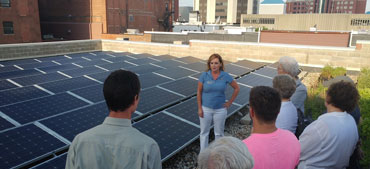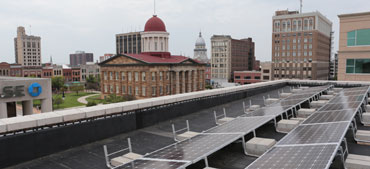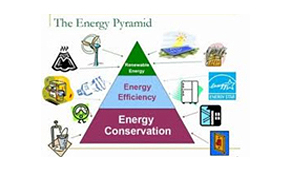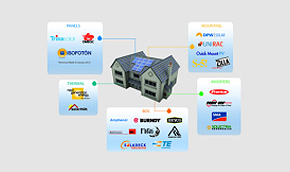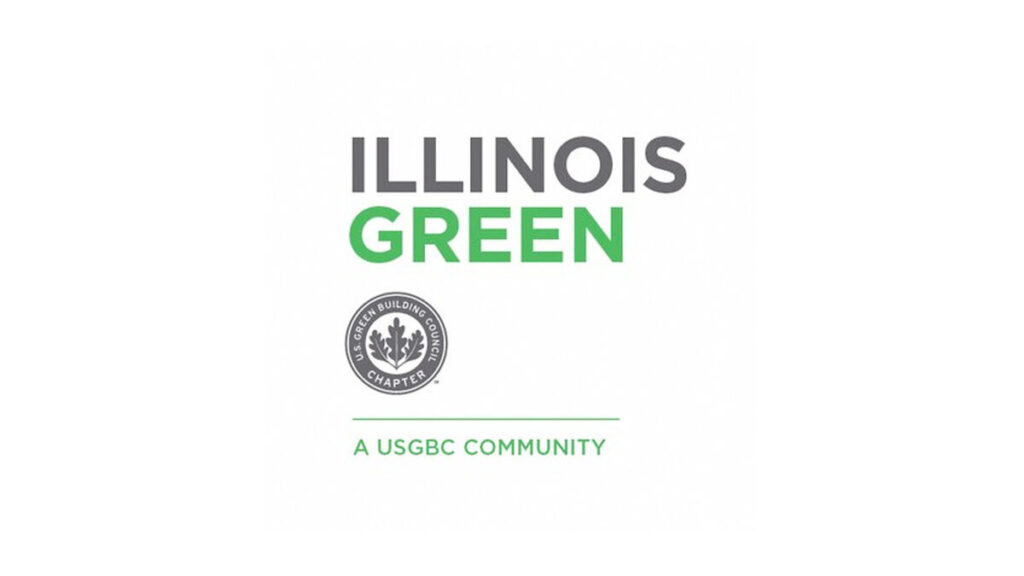For solar customers who live in Ameren territory, the term “retail net metering” is nothing foreign. Still, the details of this policy are growing increasingly relevant as Ameren has hit key net metering milestones in recent months.
The Illinois legislature essentially created net metering credits to incentivize the use of renewable energy. The credits ‘compensate’ customers fairly when they overproduce electricity.
Basically, under the current net metering policy, excess electricity produced by customers’ solar systems feeds back onto the grid. This creates a bank for those customers to use whenever necessary. Utilities then ‘reconcile’ that energy bank once a year, on either April 30 or October 30. The date depends on what customers elect at the time they complete their net metering application.
Up until now, solar customers in Ameren territory have been able to capitalize on a retail rate for their overproduction. That could change in the near future.
The legislation states that once net metering customers are producing 5% of the utility’s peak demand load, the utility may discontinue the program for new customers. In late September, Ameren informed the Illinois Commerce Commission (ICC) that they believed they would meet that 5% threshold imminently. In turn, they intended to discontinue retail net metering on October 1, 2020.
As you might imagine, there are key regulatory processes that must occur (and that Ameren ostensibly hoped to bypass) before net metering can be discontinued. Because these processes have yet to occur, the ICC urged Ameren to continue providing full net metering credits for now.
Which regulatory processes have yet to take place?
The Future Energy Jobs Act (FEJA) stipulates that a replacement tariff must be approved before retail net metering can end. This way, the state can continue incentivizing solar for new customers. In order to ensure that a replacement tariff has been prepared, FEJA instructs that utilities should inform the ICC when net metering accounts for 3% of their peak demand load.
Ameren announced in April that it had reached that 3% milestone, which signaled that it was time to begin investigating the local value of solar to replace the current net metering rate. At that time, advocacy groups expressed concern about Ameren’s calculations.
On April 21, 2020, the ICC announced that it would begin investigating new rebate values, as FEJA dictates. However, the commission also issued an order on September 23 stating that it would launch an investigation into the proper methodology for calculating the statutory threshold.
All of this simply means that two things must occur before Ameren can end retail net metering: the ICC must establish a fair successor to retail net metering, and they must complete an investigation into Ameren’s calculations.
What does this mean for solar customers?
Nothing will change for Ameren customers who installed their systems before net metering purportedly reached the 5% threshold. Those customers will be grandfathered in so they can continue to capitalize on retail net metering.
It remains unclear exactly what sort of replacement rebate customers will receive when they install their systems after the statutory threshold is met.
The ICC has instructed Ameren to keep track of all new solar customers who may be impacted by the change. It’s possible that the audit of Ameren’s calculations will be favorable for some customers; it’s also possible that anyone in Ameren territory who installs after September of this year will receive the new rebate rate—whatever that may be.
Fortunately, solar advocacy groups like the Environmental Law & Policy Center, Natural Resource Defense Council, Vote Solar, Solar Energy Industries Association Coalition for Community Solar Access, and the Illinois Solar Energy Association were able to work swiftly to air grievances about Ameren’s rushed actions. Even more fortunately, the ICC has made it clear that they understand and appreciate the importance of a proper transition plan before retiring retail net metering.
We are grateful that the ICC has chosen to handle this vital moment for net metering with care and tact. We remain hopeful that the successor to retail net metering will prove advantageous for potential solar customers in Ameren territory.
The ICC has scheduled a public meeting for Thursday, October 8 at 10:30 a.m. to discuss this matter further. WindSolarUSA owner and founder, Michelle Knox, will be speaking in front of the commissioners to discuss the negative impacts of eliminating retail net metering without clarification of calculations for doing so, a determination of what will replace net metering, and a clear timeline in the future of when those changes will be implemented.


